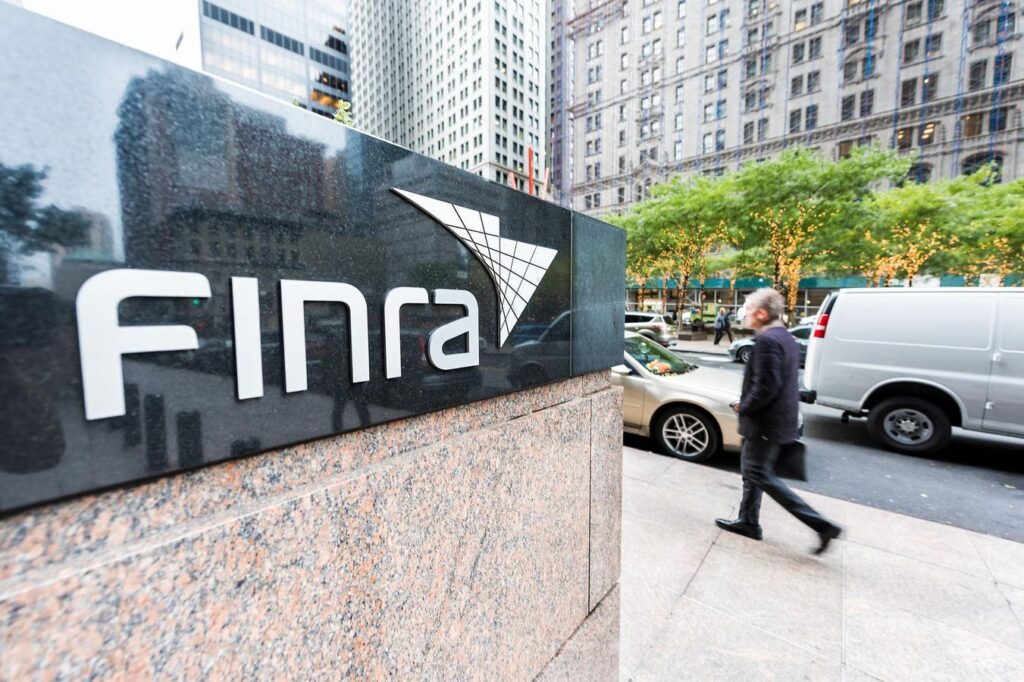The recent court ruling from the D.C. Court of Appeals has significantly impacted the landscape of financial regulation in the United States, particularly relating to the operations of the Financial Industry Regulatory Authority (FINRA) and its ability to expel broker-dealers. On November 22, the court decided that while FINRA could proceed with expulsion hearings against Alpine Securities, it must seek approval from the Securities and Exchange Commission (SEC) first. This ruling introduces a level of bureaucratic oversight that limits FINRA, a self-regulatory organization, which has the responsibility for overseeing a vast number of brokers and firms, including major players like Charles Schwab and Fidelity. Experts, including law professors and securities lawyers, view this as a significant limitation on FINRA’s authority and effectiveness in regulatory enforcement.
The case involving Alpine Securities has highlighted a years-long tension between the brokerage firm and FINRA. Founded by John Joseph Hurry, Alpine has faced scrutiny over its practices, especially concerning soaring customer account fees and numerous regulatory violations. Hurry has claimed that FINRA’s actions against his firm stem from bias against brokerages trading in risky penny stocks. Challenges to the constitutionality of FINRA’s regulatory powers have surfaced as Alpine argues that FINRA officials do not operate under the checks and balances typically associated with executive powers as outlined in the Constitution. The court’s decision placed further strain on these ongoing constitutional debates, as it navigates the complex intersection of established regulatory authority and the rights of broker-dealers.
The ramifications of the court ruling may extend beyond the immediate case at hand. Although FINRA maintains confidence in its self-regulatory model, the landscape of financial oversight is poised to shift, especially considering the anticipated deregulation under the incoming Trump administration. Donald Trump’s commitment to reducing regulatory burdens could reshape the effectiveness of agencies like FINRA, which traditionally operate to maintain market integrity and protect investors. As the Biden administration’s SEC framework is set to be dismantled, experts express concern that the diminished regulatory environment will embolden unscrupulous brokerages and lead to a surge in regulatory violations.
In tandem with the court’s ruling, Trump’s nomination of Paul Atkins as SEC Chair has raised eyebrows among regulatory experts. Atkins, known for his pro-deregulation stance and prior experience at the SEC, is expected to favor a transformation of how the agency approaches enforcement and market oversight. Many speculate that under his leadership, the SEC might reduce its focus on regulating financial markets, which could further complicate FINRA’s ability to function as a self-regulatory body. This anticipated shift raises the possibility of increased challenges for market oversight, as fewer securities enforcement actions may translate into a more permissive environment for “shady actors,” according to legal experts.
Despite an air of apprehension surrounding the changing regulatory framework, some remain optimistic about the potential for a balanced approach under Atkins’ leadership. Observers argue that his prior experience in securities law and regulatory operations could lead to a more nuanced application of deregulation that does not entirely eliminate enforcement mechanisms. The expectation is that he may invoke a measured strategy that fosters innovation in financial markets while still safeguarding investor interests, particularly in the nascent areas of fintech and cryptocurrency.
As the legal battle between FINRA and Alpine Securities unfolds, the outcome is not just a matter of one broker-dealer’s future but may influence the precedent for market regulation in the broader financial landscape. The evolving dynamics between regulatory bodies and brokerages will likely set the tone for investor protection in the upcoming years. Maintaining a balance between fostering market growth and implementing necessary safeguards is crucial to prevent financial misdeeds, and how the SEC and FINRA navigate this challenge in the face of political and legal pressures will shape the future of financial regulation in America.

